In business development, privacy and protection are vital aspects of keeping a competitive advantage. Keeping sensitive data private ensures that competitors could not use your innovations or strategies with out risk of legal penalties, and fosters trust with customers and employees alike. Now of digital record keeping, it’s a lot more crucial to defend secret data because the potential for info breaches is much higher.
Confidentiality involves preventing the disclosure of non-public information to unauthorized parties, at our site, read more articles on data room technology and its future potential and may consist of anything via client privacy agreements to proprietary functions and choices. It’s a important component of a company’s overall data protection strategy and is generally mandated by law (e. g. the Guard Trade Secrets Act inside the US).
Commonly, access to confidential data is approved on a need-to-know basis with strict policies that detail who all should be allowed to view which in turn types of information. For digital files, passwords and security are common safeguards that make it problematic for hackers to gain access to or manipulate your data.
It’s also important to store physical documents with controlled get, which allows minimize the risk of theft or unauthorized viewing. This practice also makes it easier to fulfill industry restrictions, such as PIPEDA in Canada or HIPAA in the United States, and helps compliance with various privacy laws. This is especially important for market sectors that work with a lot of sensitive information, such as health-related or financial services. The simplest way to ensure secret information can be protected through creating a tradition of awareness between your affiliates, and offering regular teaching on how to preserve sensitive information safe.
